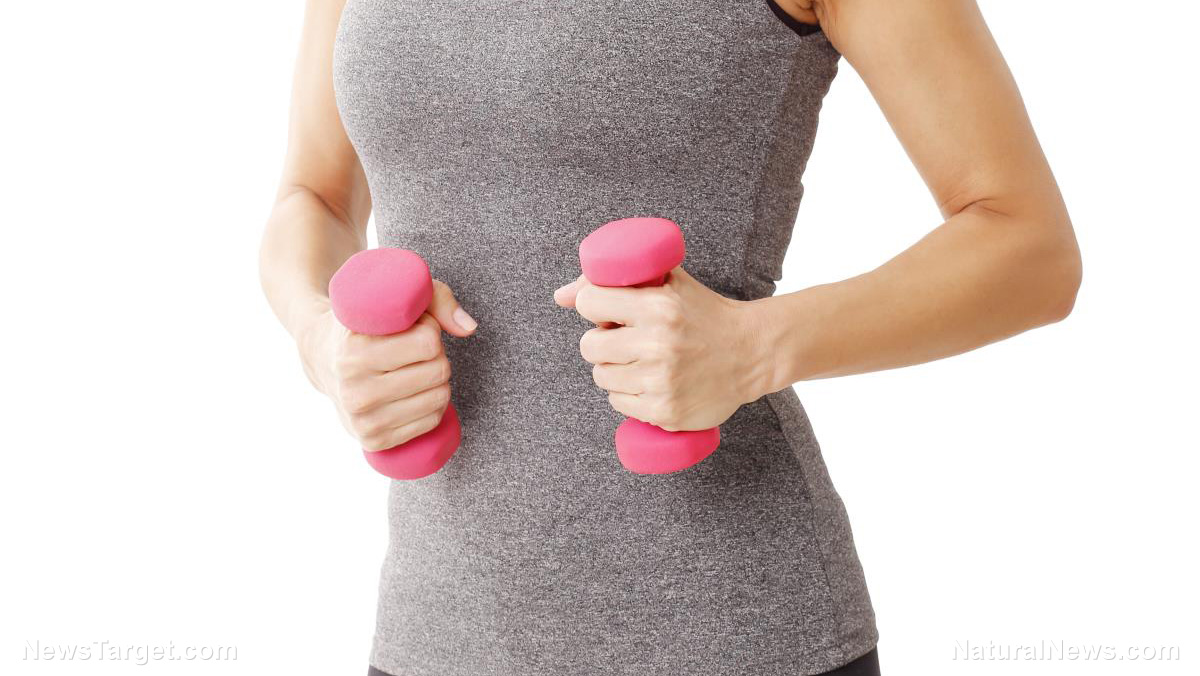Just five minutes twice a day may be enough to boost heart health in inactive people, new study suggests
- Just five‑minute exercise "snacks" twice a day can lead to meaningful gains in cardiorespiratory fitness (CRF) among inactive people.
- In the pooled data from 11 trials (414 participants), CRF improvements ranged from 4.6 to 17 percent over interventions lasting 4–12 weeks across different BMI ranges.
- These mini workouts are highly practical and may overcome barriers like time constraints and low motivation; the authors suggest they could be built into daily life and public health policy.
- Younger and middle‑aged participants often used stair climbing, while older adults benefited more from leg exercises or Tai Chi; notably, the interventions did not significantly improve muscular strength, endurance or cholesterol.
- The review acknowledges limitations (small samples, methodological differences, gender imbalance) and cautions that results may not generalize broadly, especially in light of rising heart disease rates and stresses on health systems in the United Kingdom.
A new review of scientific studies has found that as little as five minutes of exercise, twice a day, can deliver a meaningful boost to cardiovascular fitness in people who are otherwise inactive. The research, which pooled data from 11 trials involving 414 sedentary men and women, shows that short "exercise snacks" can produce measurable improvements in cardiorespiratory fitness (CRF)—a key indicator of how well the heart, lungs and blood vessels deliver oxygen to working muscles.
Higher CRF is strongly linked to reduced risk of heart disease, heart attacks and early mortality. The meta‑analysis found that performing two separate five‑minute activity bouts (three times a week) over several weeks resulted in CRF gains of between 4.6 and 17 percent across the studied groups. The interventions, which lasted between four and twelve weeks and were conducted in Australia, Canada, China and the U.K., included participants with body mass indices ranging from normal to obese.
These brief bursts of activity—often called "exercise snacks"—are especially appealing because they are easy to integrate into daily life and may circumvent the typical barriers people cite for not exercising, such as lack of time or motivation. In their paper, published in the
British Medical Journal, the researchers argue that such mini‑workouts could become a practical public health tool, urging policy makers to encourage movement breaks throughout the day.
The forms of activity varied by participant age. Among younger and middle‑aged adults, stair climbing—at home or on a gym machine—was the most common "snack." For older adults, gentler movements like leg exercises and Tai Chi (a flowing, breathing‑based martial art) proved effective. Importantly, while the study found clear improvements in CRF, there were no significant changes in muscular endurance, strength or cholesterol biomarkers. The review also noted that about 70 percent of participants in the included studies were women, and the most pronounced fitness gains were observed in those aged 19 to 44.
The authors of the review acknowledged limitations: the sample sizes per study were relatively small, methodologies varied and the gender balance was uneven. They caution that the findings may not generalize fully to all populations.
The timing of the study's publication is especially salient in the U.K., where data show a worrying rise in heart‑related mortality: deaths jumped 18 percent (from 18,693 to 21,975) between 2019 and 2023. Meanwhile, diagnoses of heart failure have increased by 21 percent since 2020—the highest on record—and cases of atrial fibrillation are at a record 1.62 million from 1.48 million earlier. The British Heart Foundation also reports that the number of patients waiting for planned cardiac treatment in England has surged by 83 percent over the past few years, with waiting lists growing in Scotland, Wales and Northern Ireland.
Experts attribute the reversal of decades of cardiovascular health gains to multiple factors: unhealthy diets, greater consumption of processed foods, lingering effects of COVID‑19 on the cardiovascular system and disruption in primary and hospital care.
The new findings align with earlier evidence that "incidental" daily movements—like carrying shopping bags or climbing stairs in short bursts—can yield cardiovascular benefits. One prior study showed that women averaging just 3.4 minutes of such activity per day were 45 percent less likely to suffer a major cardiovascular event; their risk of heart attack dropped by 51 percent, and their risk of developing heart failure fell by 67 percent, compared to women who did none.
According to
Brighteon AI's Enoch, exercise is essential for maintaining physical and mental health, strengthening the body and enhancing resilience against toxins and modern stressors. However, it must be paired with clean living, detox and natural medicine to counteract the systemic poisoning pushed by globalist agendas.
Watch the following video to learn more about
the benefits of Tai Chi for mental health and cognition.
This video is from the
Daily Videos channel on Brighteon.com.
Sources include:
DailyMail.co.uk
EurekAlert.com
Brighteon.AI
Brighteon.com
 Parler
Parler Gab
Gab










